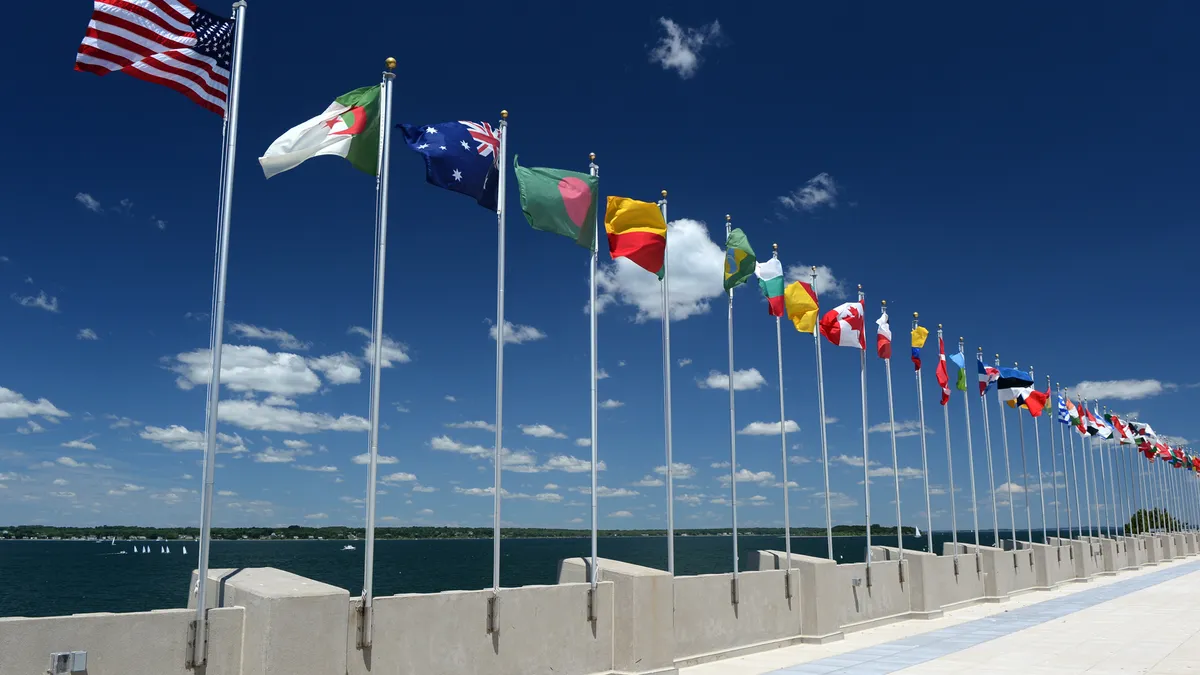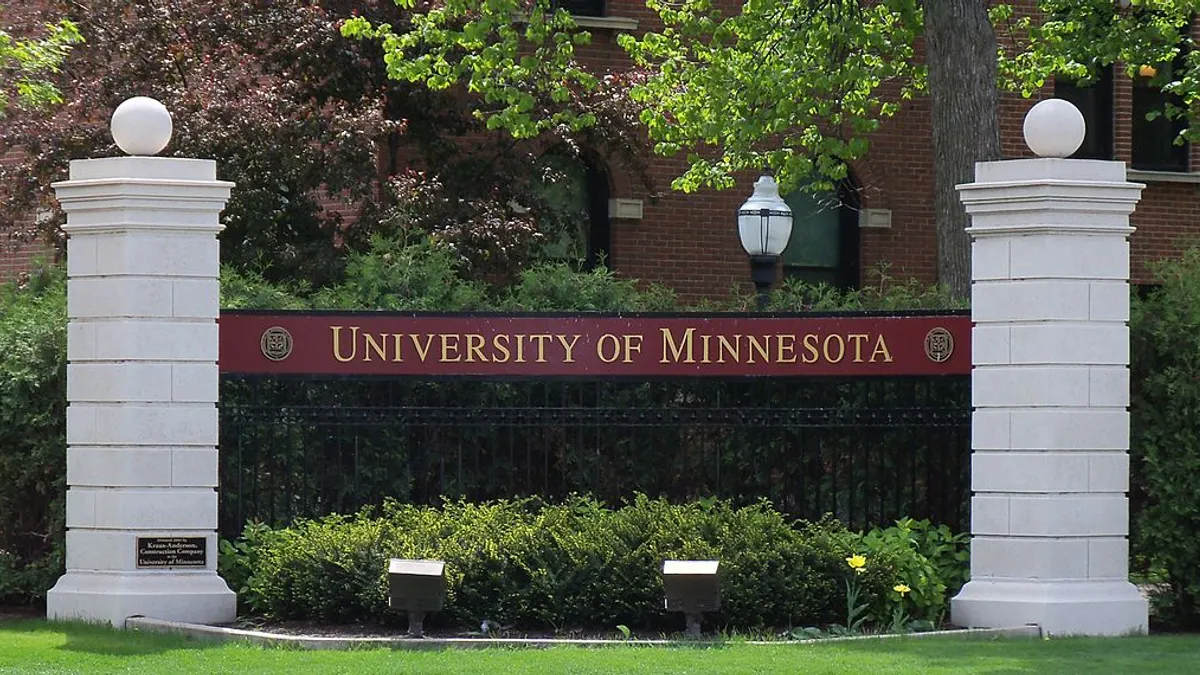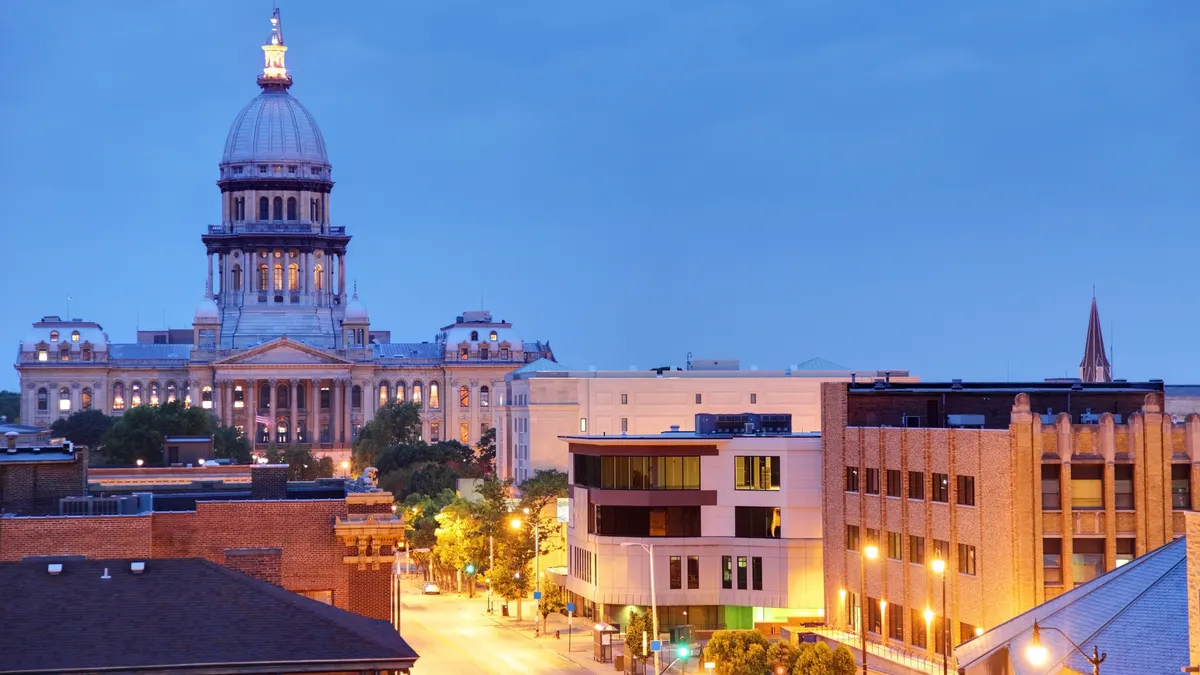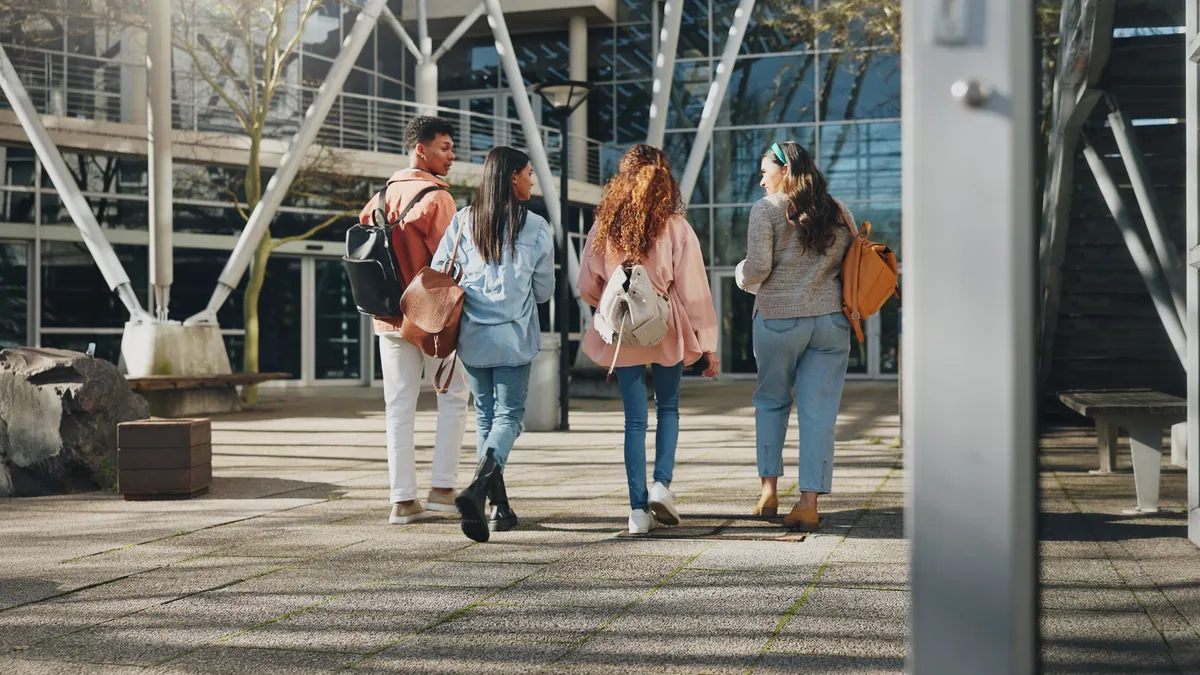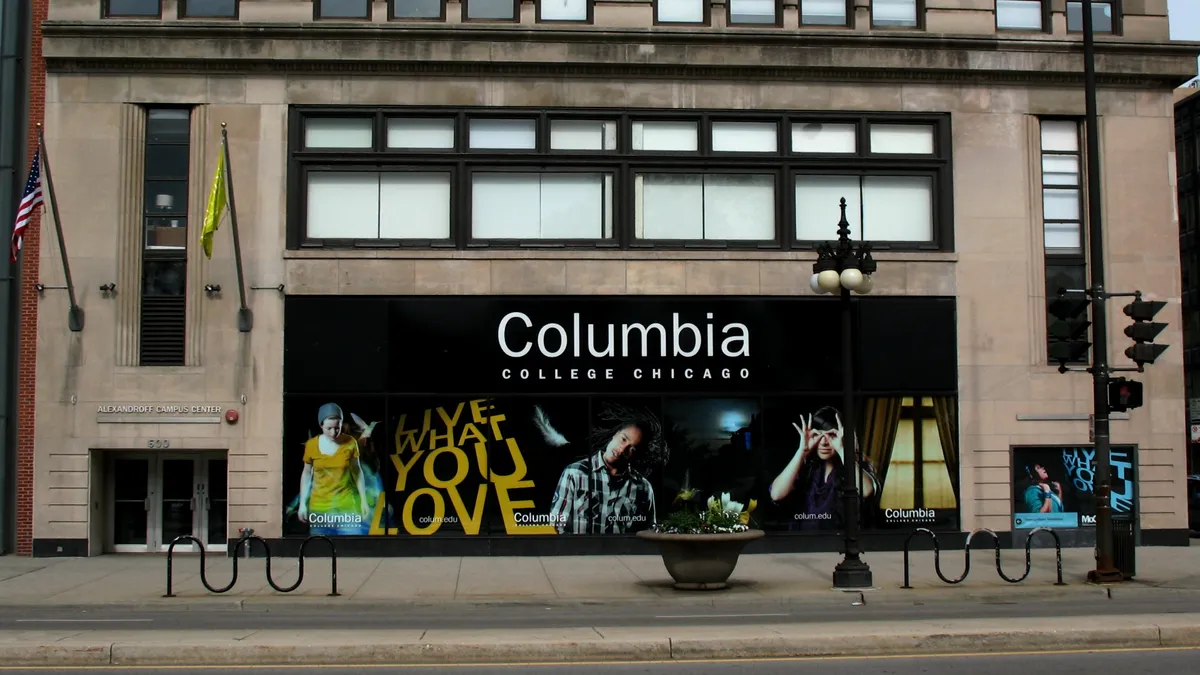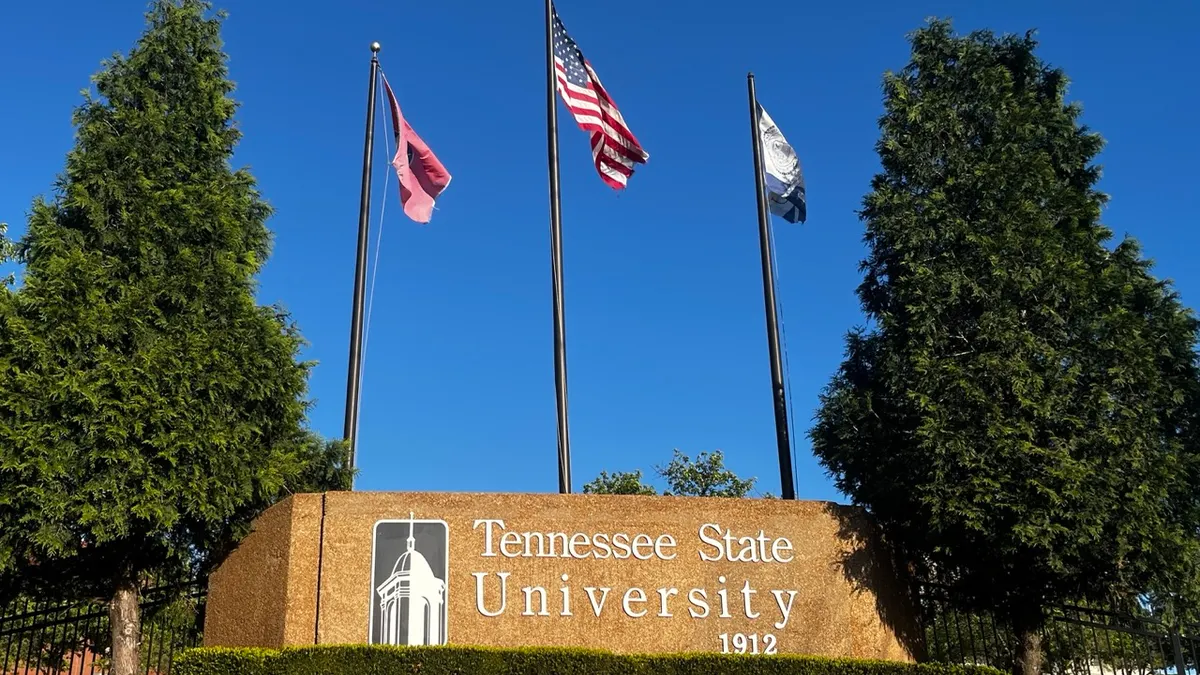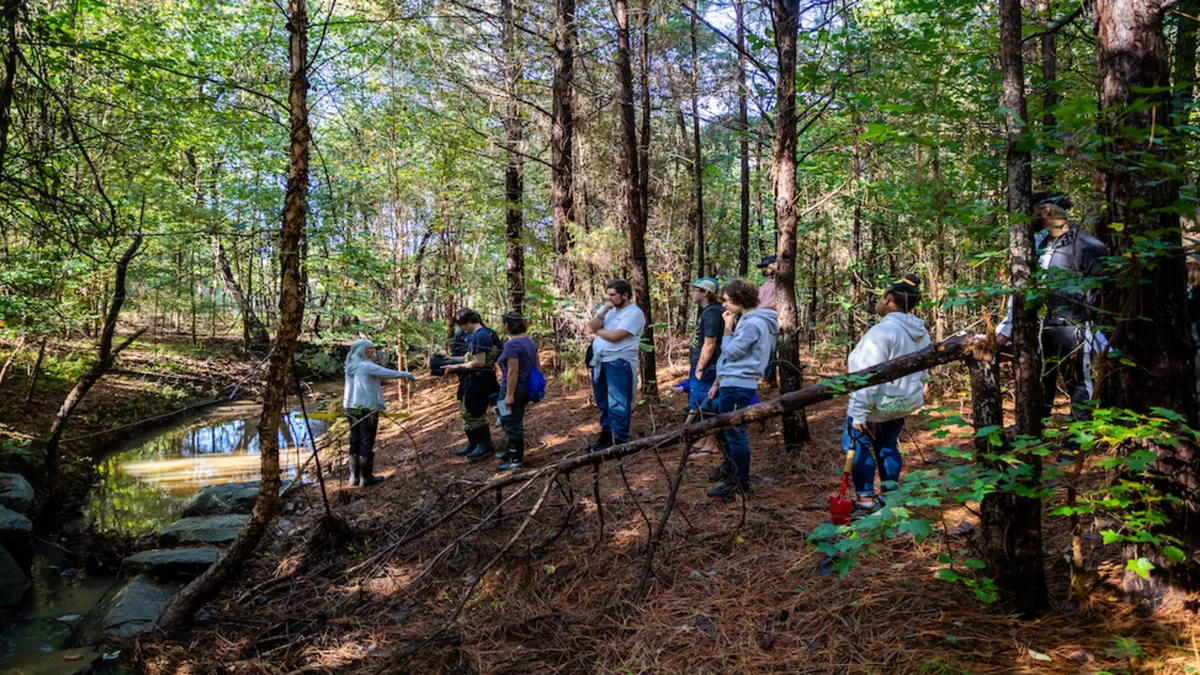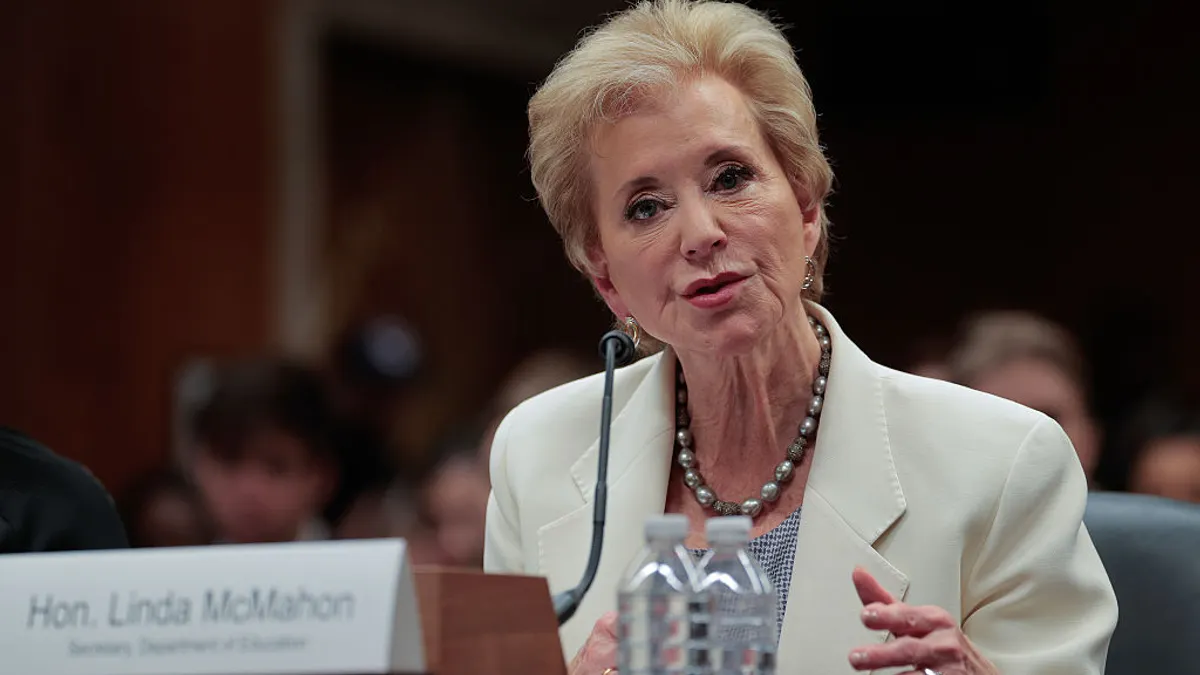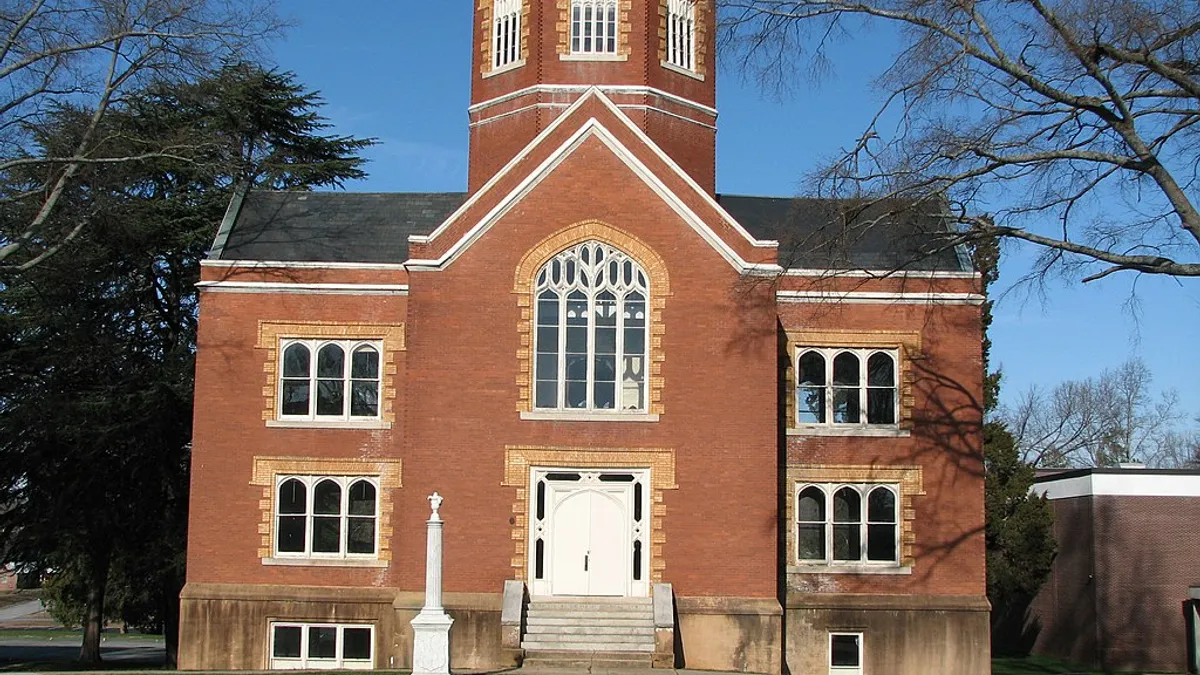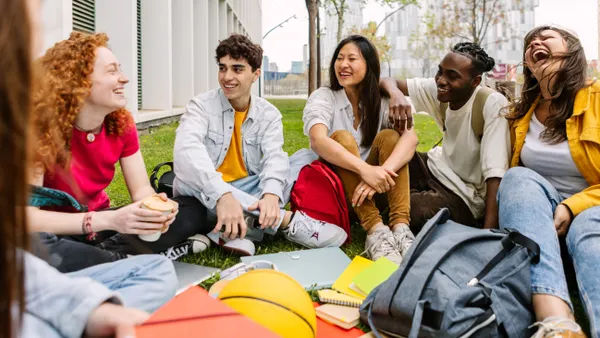It's been a difficult year for international students hoping to study at U.S. colleges. The coronavirus pandemic has restricted travel, social unrest has gripped the nation and the Trump administration has added uncertainty by shifting guidance about which international students can enter the U.S.
Higher education leaders nationwide are bracing for a downturn in their international enrollment, but some colleges rely more on these learners than others. Around three dozen liberal arts colleges hosted more than 240 international students in the 2018-19 academic year, according to Open Doors data.
Mount Holyoke College, in Massachusetts, draws more than one-quarter of its enrollment from foreign students, according to its website, while Bryn Mawr College, in Pennsylvania, notes that it relies on these learners for about one-fifth of its student body. That's why even small dips in international student enrollment could deal a major blow to these institutions' tuition revenue.
But that wouldn't be the only loss. The schools' sizeable international populations are woven into their educational models, and college officials stress that these learners bring a global perspective that enriches class discussions and campus life.
International students account for about 12% of Dickinson College's roughly 1,900 learners this year, according to its website. The Pennsylvania school emphasizes the importance of a global education. "A large international student population makes that possible," said Samantha Brandauer, associate provost and executive director of Dickinson's Center for Global Study and Engagement. "Unfortunately, the way that international students often have been talked about in the media is sort of as a commodity, that they bring finances."
College leaders are attempting to hang on to these students during the pandemic by creating virtual and in-person classes and extracurricular activities for them, fighting for them to be able to come to the U.S., and countering messaging from the Trump administration that suggests they aren't welcome in the country.
A 'distinctly American' education
International students may choose to study at U.S. liberal arts colleges for several reasons. Higher education experts said they are drawn to the close-knit communities offered by the small campuses, which are often tucked away in rural locations.
"The liberal arts college is a distinctly American institution," said Brendan Cantwell, a higher education professor at Michigan State University.
But some of those same attractions can be a liability during a pandemic. Like institutions of all sizes, many liberal arts colleges decided to continue virtual education in the fall.
Dickinson, for instance, notified students in mid-July that they would be studying remotely this semester after planning for in-person instruction. Now, officials are attempting to replicate the type of education the college is known for — small class sizes and hands-on learning — in a virtual format.
That includes for its international students, about 50 of whom are living on campus. The rest are scattered throughout the U.S. and the world.
Academic departments with many international students tried to hold classes at times that worked for those learners, as well as offer a blend of asynchronous and synchronous content, Brandauer said. However, the college wanted to give international students the option to attend in-person classes.
In late August, it rolled out a new initiative called Study Abroad at Home, which lets international students take classes through one of Dickinson's global partner universities. These schools are located in countries with some of Dickinson's largest international student populations.
Thirty-two students took Dickinson up on the offer, 15 of whom are first-year students. Incoming students have had a particularly difficult time enrolling in U.S. colleges, higher education officials say, because the Trump administration released guidance in July barring them from coming to the country if their course loads were entirely online.
"You don't know from one minute to the next what your visa or immigration status is going to be."

Kavita Khory
Director, Mount Holyoke's McCulloch Center for Global Initiatives.
The University of Richmond, a private liberal arts school in Virginia enrolling about 3,900 students last fall, is taking a similar approach.
Although the college is offering in-person instruction this fall, around half of its 255 international undergraduates stayed home out of concerns they couldn't easily travel to and from the U.S., said Martha Merritt, the university's dean of international education. Some also were concerned about how the country would manage the pandemic, she added.
They're either studying remotely this semester or taking courses from one of U of Richmond's study abroad university options in China.
Many students on campus this term fought "considerable odds" to make it to the U.S., and some remained here over the summer, Merritt said.
Despite having choices about where to study, the college's international student enrollment fell by 11% this semester. Merritt stressed, however, that she viewed the drop as being relatively low compared to some other institutions.
In April, Ted Mitchell, president of the American Council on Education, stated in a letter to Congressional leaders that international student enrollment could decline by as much as 25% in the 2020-21 academic year, a prediction that has nearly proved out at some universities.
Fending off isolation
Colleges are also tasked with helping international students feel like a part of the campus community — even if they're studying from thousands of miles away.
At Mount Holyoke, which is holding classes remotely this fall, officials have held webinars for international students to learn about visa and immigration issues. The college is also offering classes throughout the day so students can find options suitable for their schedules.
But international students living on campus could be feeling a heightened sense of isolation, U of Richmond's Merritt said, noting they might be missing their families.
To help them, the university put out a newsletter that included student stories, recipes to try out while in quarantine and information about local activities. The theater department is also asking students to share stories about the pandemic or the Black Lives Matter movement; they will be recited during a virtual performance later this term.
"That might be affirming," Merritt said. "It has a performative quality of sharing and drawing people together."
But sources interviewed for this story told Education Dive that liberal arts colleges will have to work beyond the fall term to ensure these students feel welcome. The Trump administration has repeatedly issued policies that make it harder for international learners to attend U.S. colleges.
"You don't know from one minute to the next what your visa or immigration status is going to be," said Kavita Khory, the director of Mount Holyoke's McCulloch Center for Global Initiatives.
New competition
Meanwhile, competition for international students has picked up around the world, and several countries are instituting policies that welcome these learners as the U.S closes its doors to them, said Hans de Wit, director of Boston College's Center for International Higher Education. The United Kingdom, for instance, aims to increase international student enrollment in part by allowing them to work in the country longer after graduating, The Guardian reported last year.
Other regions of the world also are beginning to adopt the liberal arts education model, making it less exclusive to the U.S.
Selective and well-known liberal arts colleges likely will still attract these students, de Wit said, but others may suffer from brutal enrollment declines over the next few years. The damage could prove fatal if colleges don't have another source of students from which to recruit.
Although higher education experts agreed more widespread international enrollment declines could be ahead, colleges stand firm in their attempts to counter nationalist messaging from President Donald Trump.
"There's sort of a tendency to become more insular in this moment of a global pandemic," Khory said. "We feel that (being global) really needs protecting, defending and promoting at a time when societies, cultures (and) countries are retrenching."



